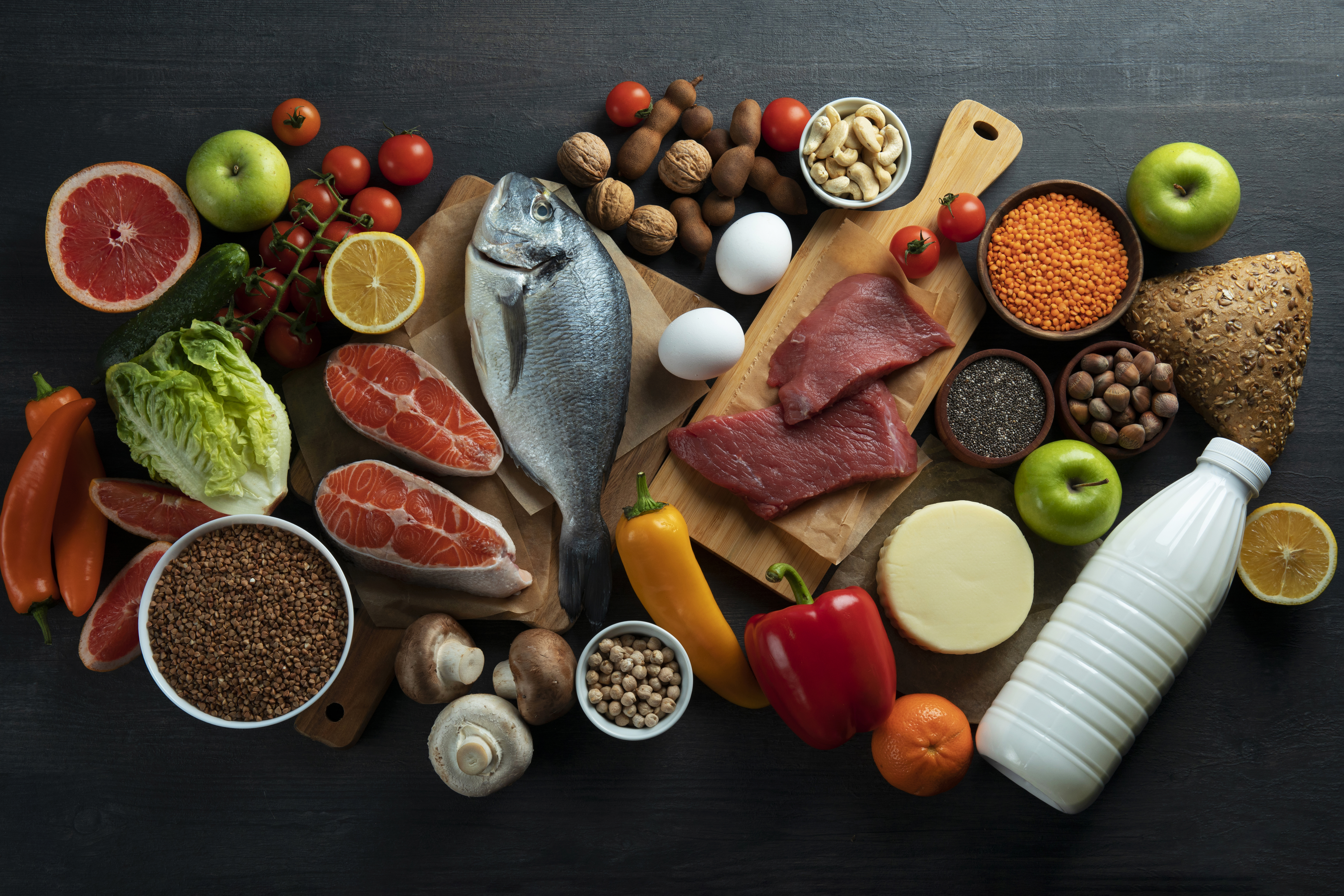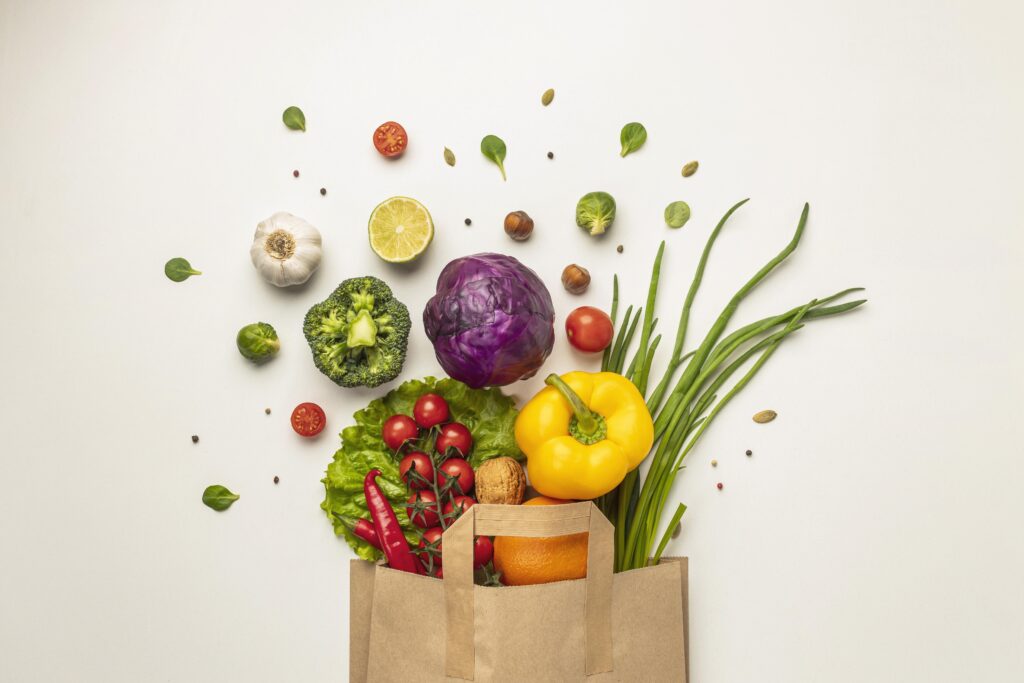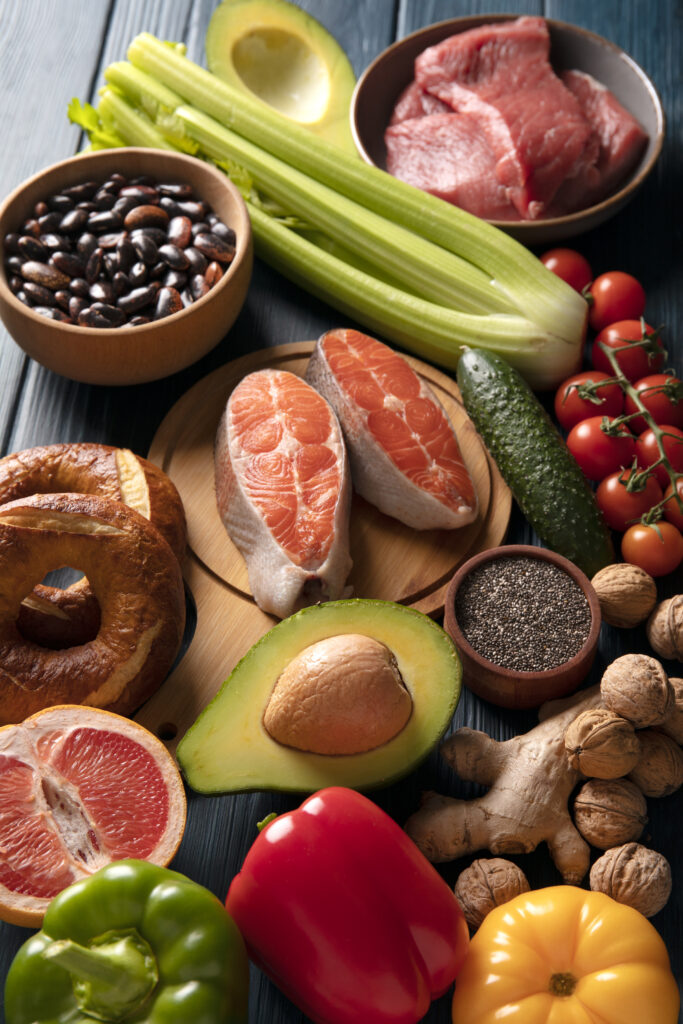
Proper food combinations can play a crucial role in digestive health and overall wellbeing. Although many of us tend to mix different types of foods without much thought, understanding how these combinations can affect digestion is important. In this article, we will explore recommended food combinations, focusing on proteins, carbohydrates, and vegetables, to optimize digestion and minimize issues like fermentation.
Proteins and Carbohydrates: Why Avoid Combining Them?

A common nutritional guideline is to avoid combining proteins and carbohydrates in the same meal. The reasoning behind this recommendation is that proteins and carbohydrates require different environments for optimal digestion. Proteins need an acidic environment to be broken down effectively, while carbohydrates digest better in a more alkaline setting.
When combined, these digestive processes can interfere with each other, potentially leading to fermentation and gastrointestinal discomfort. However, this theory is not entirely supported by modern scientific research, but some people find that separating these foods helps them avoid digestive issues.
Carbohydrates and Raw Vegetables: Why Avoid Combining Them?

It is common to see combinations of carbohydrates with raw vegetables, such as a salad with bread or pasta. While these combinations appear healthy visually, they may not be ideal from a digestive standpoint. Raw vegetables require a different digestion time compared to carbohydrates.
Raw vegetables are digested in the intestines, while carbohydrates are digested in the stomach. When consumed together, carbohydrates may start to ferment in the stomach before the vegetables have been adequately digested, potentially leading to bloating and discomfort.
Fruits and Desserts: When Is It Best to Eat Them?
Another important consideration is the consumption of fruits and desserts. Many people enjoy a piece of fruit or a dessert after a meal, but this may not be the best practice from a digestive perspective. Fruits and desserts, particularly those with sugar, digest in the intestines.
Eating fruit immediately after a meal can cause sugar to open the pylorus and duodenum prematurely, allowing undigested food to pass into the intestines. This can result in fermentation and gastrointestinal discomfort.
Tips for Healthy Food Combinations
To optimize digestion and avoid fermentation problems, follow these practical tips:
- Proteins and Vegetables: Combine proteins, such as chicken or fish, with green vegetables, whether raw or cooked. This combination is generally well-tolerated and supports digestion.
- Carbohydrates and Cooked Vegetables: Carbohydrates, such as rice, potatoes, pasta, and bread, digest better when paired with cooked vegetables. Cooked vegetables are easier to digest and complement carbohydrates well.
- Separate Fruits and Main Meals: Enjoy fruits and desserts at a different time from your main meals. Ideally, have fruits as a snack between meals or as part of breakfast.
Conclusion
Understanding how to combine foods properly can significantly improve your digestive health and overall wellbeing. While some traditional guidelines on food combinations may not be fully supported by modern science, many people find relief and improved digestion by following these basic principles. Experiment with different combinations and listen to your body to find what works best for you. Your digestive health will thank you!
